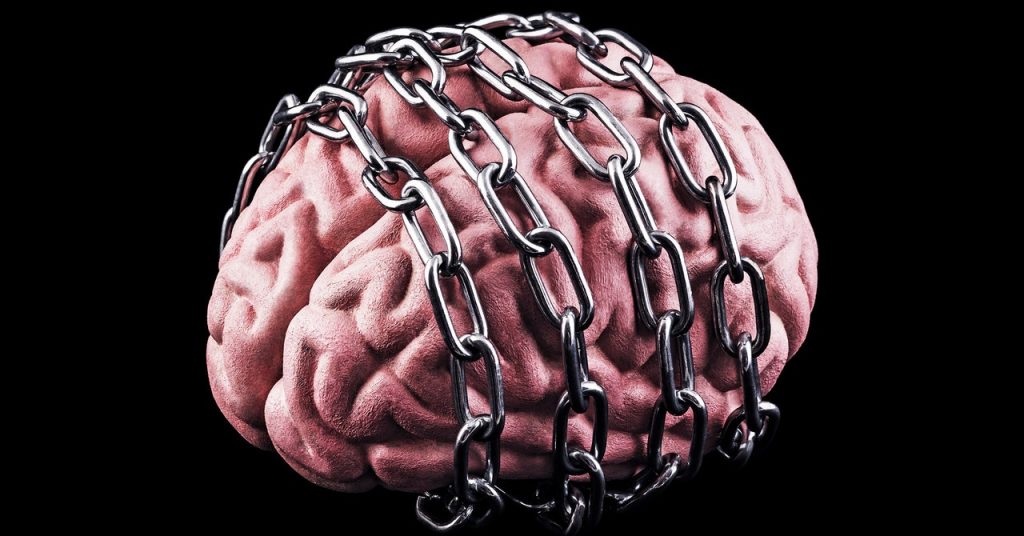Abbott’s contention is that machine inventions should be protected to incentivize people to use AI for social good. It shouldn’t matter, he says, whether a drug company asked a group of scientists or a group of supercomputers to formulate a vaccine for a new pathogen: The result should still be patentable, because society needs people to use AI to create beneficial inventions. Old patent law, he says, is ill-equipped to deal with changing definitions of intelligence. “In the US, inventors are defined as individuals, and we argued there was no reason that was restricted to a natural person,” he says.
What applies to patents should also apply to copyright, he says. If, for example, an AI is asked to write “the best pop song in history,” and does so, it would have created an extremely valuable piece of intellectual property. “Is that an activity that we ought to incentivize through the copyright system?” Abbott says. “If the view is that the system exists so that the public gets more works, then the answer is clearly yes.”
In short, Abbott says, copyright and patent regimes should exist to encourage creation, not limit it. Rather than searching for a vague legal line in the sand where an AI-human collaboration becomes protectable, we should sweep away the line entirely. Intellectual property rights should be granted regardless of how a thing was made, including in the absence of a human inventor or author.
Through the Artificial Inventor Project, Abbott represents Thaler directly in some jurisdictions and manages litigation in others, all pro bono. However, the two men diverge on the true importance of their work.
Abbott says the coverage of the cases—influenced by the district court’s vagueness—has been quite confused, with a misguided focus on DABUS’s autonomy. He emphasizes that he is not arguing that an AI should own a copyright, 3D printers—or scientists employed by a multinational, for that matter—create things, but don’t own them. He sees no legal difference between Thaler’s machine and someone asking Midjourney to “make me a picture of a squirrel on a bicycle.”
“The autonomous statement was that the machine was executing the traditional elements of authorship, not that it crawled out of a primordial ooze, plugged itself in, paid a ton of utility bills and dropped out of college to do art,” he says. “And that is the case with any number of commonly used generative AI systems now: The machine is autonomously automating the traditional elements of authorship.”
Thaler directly contradicts Abbott here. He says that DABUS is not taking any human input; it’s totally autonomous. “So I probably disagree with Abbott a little bit about bringing in all these AI tools, you know, text to image and so forth, where you’ve got a human being that is dictating and is hands on with the tool,” he says. “My stuff just sits and contemplates and contemplates and comes up with new revelations that can be, you know, along any sensory channel.”
DABUS has been around a lot longer than the lawsuits. Thaler describes it as an evolving system “at least 30 years in the making.” He has, he says over email, “created the most capable AI paradigm in the world, and through its sentience it is driven to invent and create.” Throughout our conversation, he seems exasperated that journalists have tended to focus on the legal aspects of his cases.
Read the full article here






